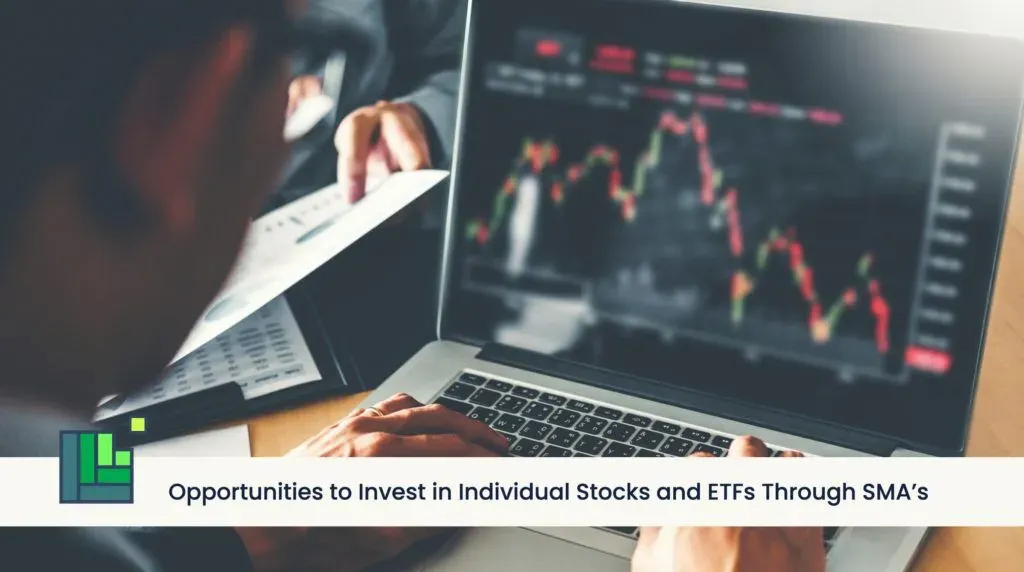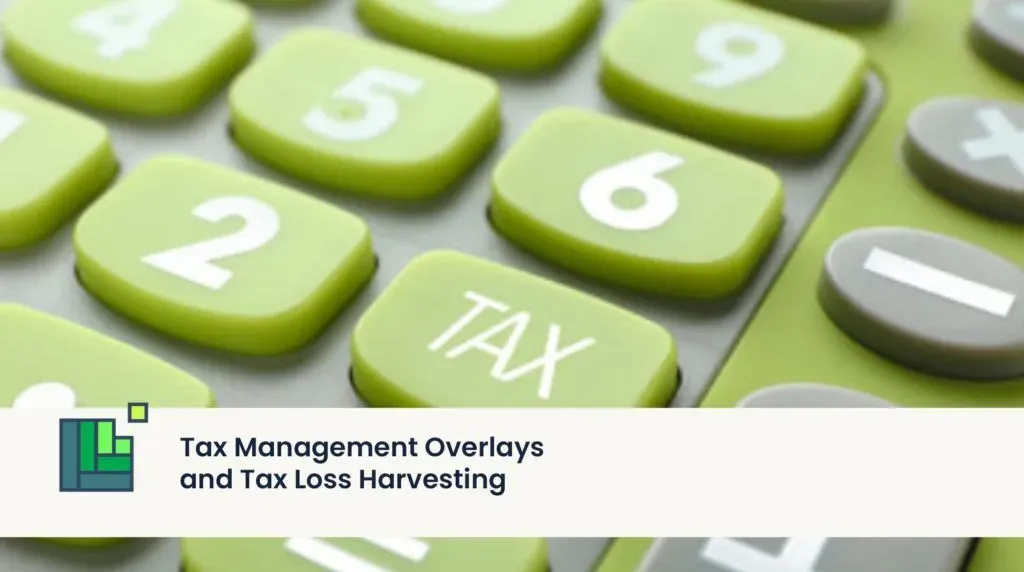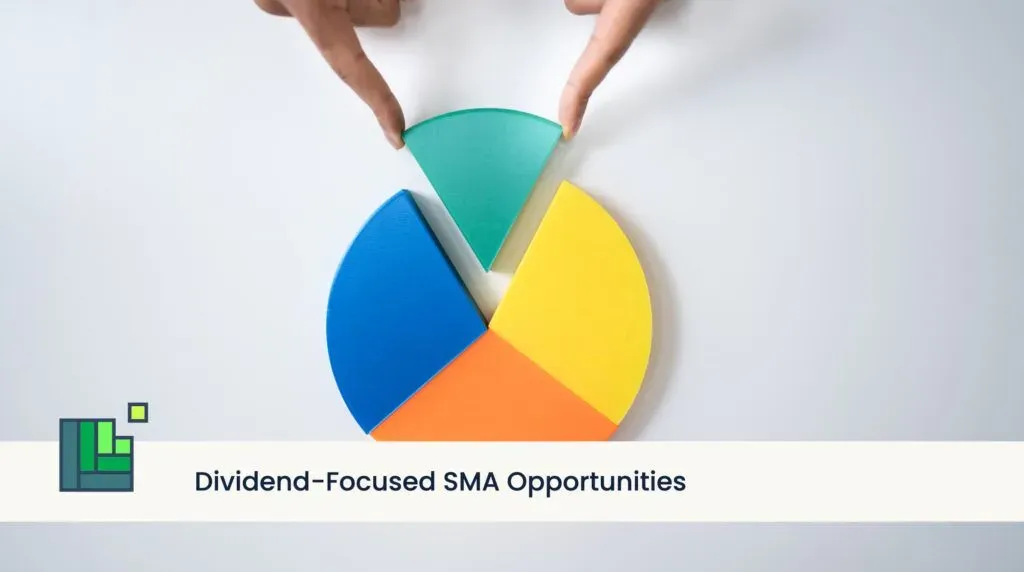Investment Strategy
Wouldn’t it be nice if there was a little more YOU in YOUR portfolio?
Check out our 7-article series designed to break down exactly how our enhanced investing approach serves our clients.
It’s built upon our existing client-focused framework and meant to help you put a little more YOU in YOUR portfolio.

Which is Sturdier – A Three-Legged Stool or a Four-Legged Chair?
Scott Hohman, CFP®, AIF®
Four-Factor Investing: Quality, Value, Momentum, and Size Recently, we streamlined and enhanced our core investing strategy and moved from a three-legged stool to a four-legged chair. And, while we can make no […]

Investing in Stocks and ETFs through Separately Managed Accounts
Scott Hohman, CFP®, AIF®
Learn the Benefits of Using SMAs to Customize Your Portfolio In this second installment in our Investment Strategy Series, we’re going to examine another facet of our streamlined and enhanced investing […]

Client Benefits from Research Groups with Targeted Expertise
Scott Hohman, CFP®, AIF®
Client Benefits: Enhance Your Investment Strategy with Access to Specific Market Segments and Tax Strategies In this third installment in our Investment Strategy Series, I want to share an overview […]

Investing in Emerging Technology, Innovation, and Digital Assets
Scott Hohman, CFP®, AIF®
How Resolute Clients Gain Exclusive Access to These Emerging Asset Classes This fourth installment in our Investment Strategy Series will be of particular value to anyone interested in – or […]

Impact Investing and Values-Based Investing
Scott Hohman, CFP®, AIF®
Opportunities to Align Your Money with Your Values In this fifth installment in our Investment Strategy Series, I’m pleased to talk about an area of investing that has been growing […]

Tax Management Overlays and Tax Loss Harvesting
Scott Hohman, CFP®, AIF®
Critical Elements of Your Tax-Smart Portfolio This article marks the sixth installment in our Investment Strategy Series, where I’ve been introducing each of the valuable elements of our newly enhanced […]

Dividend-Focused SMA Opportunities
Scott Hohman, CFP®, AIF®
A Low-Volatility Strategy Focused on Yield This article marks the seventh and final installment in our Investment Strategy Series, where I’ve been introducing each of the valuable elements of our […]
